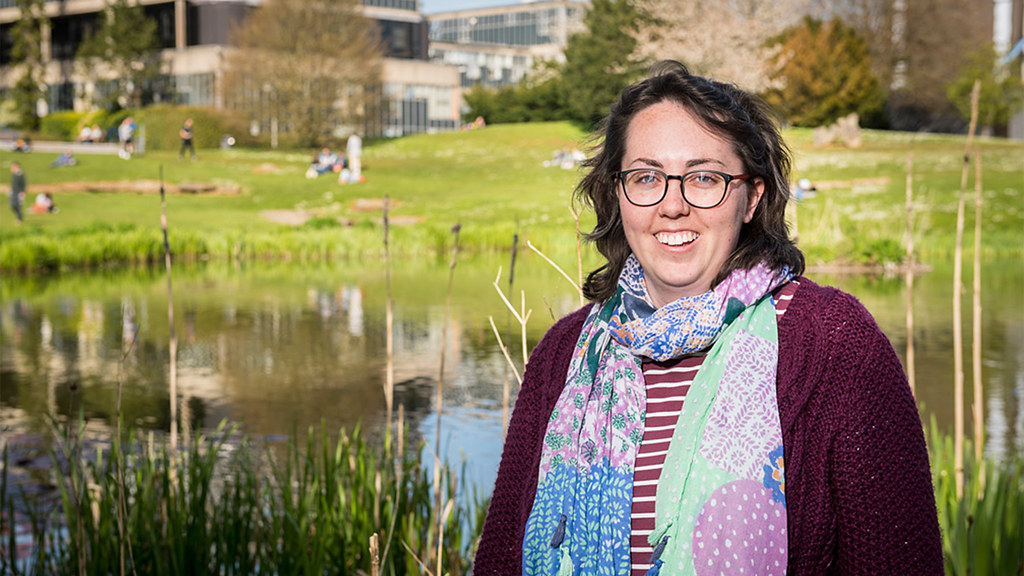Olivia Cooke, from the Department of Architecture and Civil Engineering, is travelling to South Africa in May to research storm run-off in an informal settlement.
Enkanini, which lies just one mile outside Stellenbosch, was recognised as an informal settlement in 2006. A basic water and sewerage network was introduced in 2009. Since then, Enkanini's population has been increasing rapidly due to urbanisation in the area.
The existing facilities of four toilet blocks and 36 taps are not enough to sustain the community. As the settlement grows, access to the facilities becomes more difficult. Instead, residents use the local river for easy access to a water supply. Some residents far from the facilities also use the surrounding bush instead of going to the toilet blocks, which leads to raw sewage being washed through the settlement by stormwater runoff and into the river.
Understanding the nature and causes of water contamination
Enkanini sits on a slope. During the wet season, rainfall and storm water run through the settlement to the river below. Microbial pathogens from faecal contamination are present in the water, causing illnesses and disease in the settlement.
There is a recognised link between changes in the level of rainwater and flooding and the level of nutrients and pathogens present in the settlement’s water supply.
Olivia's research will analyse water chemistry and pathogen transport to better understand the circumstances that lead to this contamination. Understanding the reasons behind water contamination during the wet season is the first step to developing preventative measures against the spread of disease.
Developing strategies for a healthier future
This interdisciplinary project is the first of its kind carried out at Enkanini. It uniquely links water chemistry, pathogen transport and hydrology with social science.
Olivia will join researchers from Stellenbosch University’s Water Institute at the informal settlement. She will be on site at least twice a week during the wet season (May to September) to take water samples from the local river. She will work with Dr Wesaal Khan, a microbiologist at Stellenbosch University, to carry out microbial analyses in the laboratory.
Measuring the variable levels of pathogens will reveal the impact of storm runoff on water quality. It will also help to identify faecal-contaminated risk areas in Enkanini. The research will be used to develop solutions to reduce the levels of water contamination and the risk of disease.
The project is partially funded by our international mobility scheme. Olivia is supervised by Dr Thomas Kjeldsen, a hydrological modeller, and Dr Lee Bryant, a biogeochemist, from the University of Bath. She is co-supervised by Dr Wesaal Khan.
Olivia is a research student with the Centre for Doctoral Training in Water Informatics: Science and Engineering. The EPSRC-funded Centre is hosted by the GW4 alliance universities: Bath, Bristol, Cardiff and Exeter. It was created in 2014 to meet the growing need for multidisciplinary engineers and scientists to manage the water cycle effectively and sustainably.
